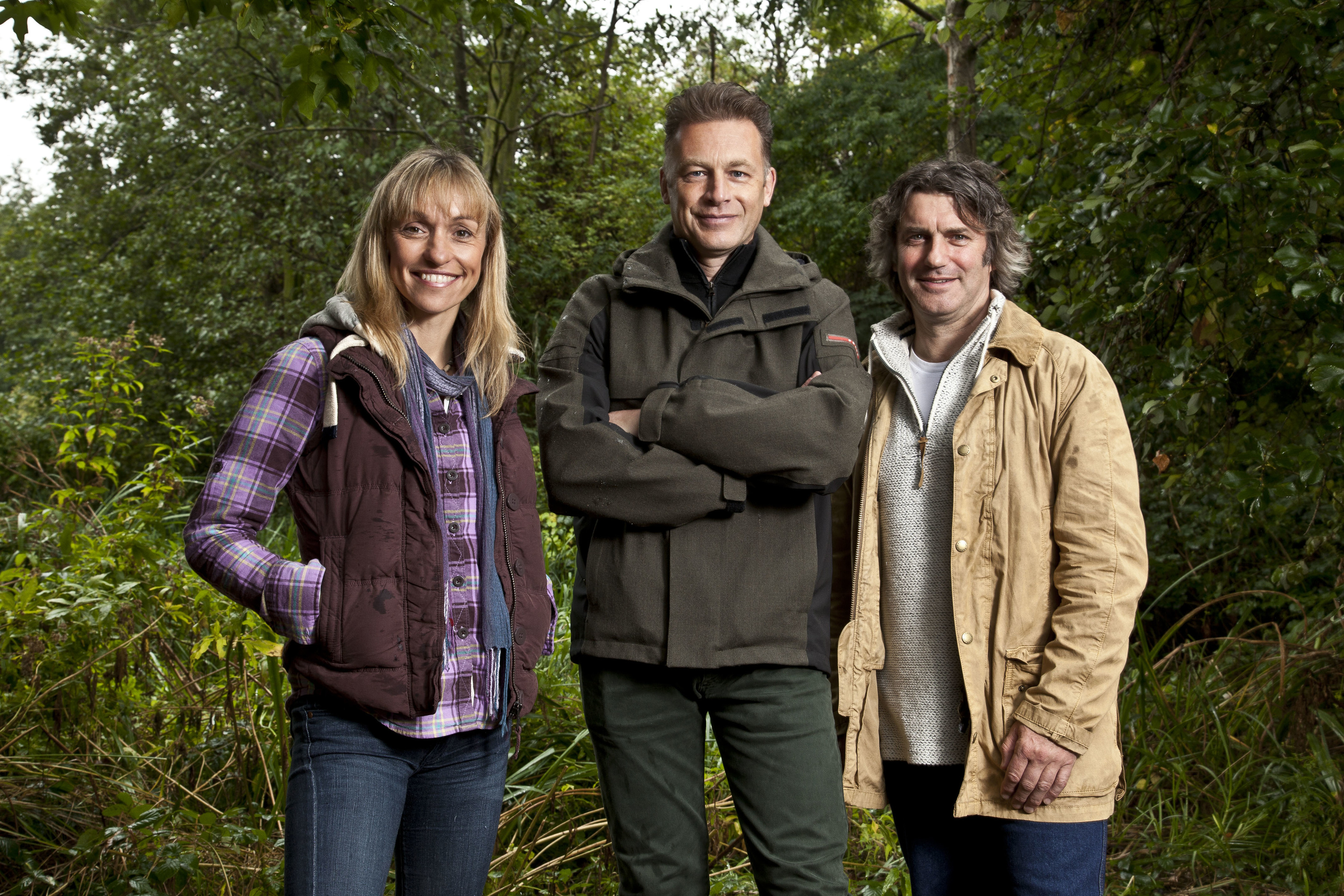
THEY’VE become one of the BBC’s most popular, enduring successes.
But Chris Packham has revealed why the various “watch” series have never been copied worldwide like other hit shows.
Autumnwatch is back this week, with Springwatch and Winterwatch the other series that make nature a year-round treat for viewers.
“A couple of years ago the BBC produced what was basically a manual of how Springwatch works,” Chris tells iN10. “It was very technical and the idea was to export that to other countries.
“But the problem with that is that the skillset of the people we have here is unique.
“During the summer I made a programme for National Geographic called Earth Live. It was one night in New York and we had 52 cameras at 30-odd sites all over the planet, basically a global Watch.
“I’m proud to say that the cameras were manned by just about everyone I’d ever worked with on our programmes. Our Autumnwatch series producer, for instance, was in Ethiopia.
“They simply couldn’t have done it without us. The team have learned over the years what stories will work, what cameras will work and how to get it all on air.”
The series, hosted as usual by Chris, Michaela Strachan and Martin Hughes-Games, is based at the National Trust’s Sherbourne Park Estate in Gloucestershire.
It will provide updates on what’s been happening there in the heart of the Cotswold countryside, but also pick up on other wildlife stories all across the country.
Those films include a look at what it takes for swans and geese to make it the thousands of miles to our shores.
And another examines why Scotland is such a stronghold for basking sharks.
“The west coast of Scotland has always been one of the best places in the world to engage with basking sharks,” says Chris.
“Up until about the 1950s it was somewhere they were fished for as the oil was a commodity. And the late, great Gavin Maxwell of Ring of Bright Water fame moved up to open a basking shark fishery.
“All of that came to an end and the last one was killed in 1994. We’ve been trying to find out more, and a lot of their lifestyle is still quite mysterious.
“Despite the fact they’re the second-largest fish in the world we’re still not entirely sure where they all go to in the winter. The fact they’re turning up off the Clyde estuary is testament to the fact that they’re on the mend.
“The west coast of Scotland is such a fantastic place to encounter marine wildlife. It really has become a bit of an eco-tourist hotspot.”
Chris is a walking encyclopaedia of all things wildlife. His retention of knowledge is partly due to his Asperger’s.
“Having this very much does have positives and one is that I remember everything I read,” explains Chris, who opened up about his condition in a BBC2 documentary last week.
The unforced, natural chemistry between the presenters is one of the attractions of the various series.
“We enjoy each other’s company and we all bring something different to the table,” confides Chris.
Chris and Michaela have known each other for some 30 years – so surely there must be something that drives him mad? “She’s a swot,” laughs Chris.
“Michaela is so diligently well organised all the time.
“She’s the sort of person who arrives with the Tupperware box that’s filled with perfectly-cut sandwiches. And she’ll have made them that morning because she’s set her alarm clock 10 minutes earlier than you did.
“Her organisation helps, though, because I’m probably a bit more cavalier. I’m more a ‘let’s just see what happens’ sort of person with these programmes.
“I do tease her as we have our presenter cards that she’s wedded to and will have worked on so carefully – frankly I could probably do the show without mine.
“We do get on really well, though.”
Autumnwatch BBC2, 8pm, Monday-Thursday,

Enjoy the convenience of having The Sunday Post delivered as a digital ePaper straight to your smartphone, tablet or computer.
Subscribe for only £5.49 a month and enjoy all the benefits of the printed paper as a digital replica.
Subscribe